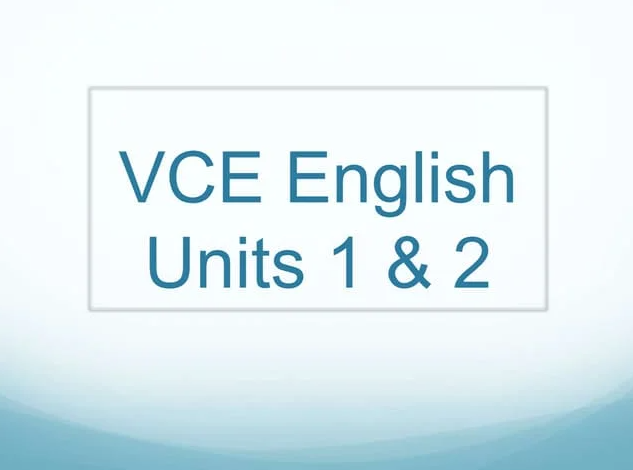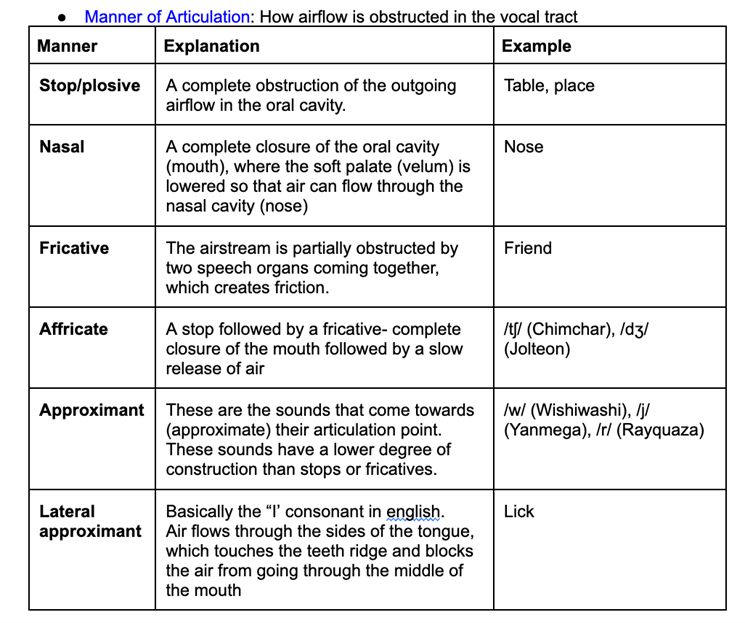
Hi everyone, my name is Poorva and I graduated from Mac.Rob in 2024, scoring a raw 46 in VCE English Language 3/4. Today I’ll be answering the question: Does VCE English Language 1/2 matter?
TLDR: YES! Units 1/2 in VCE English Language are incredibly valuable. You’re introduced to new metalanguage in detail that will carry through to your Year 12 exam. You also explore writing styles very different from what you’ve done earlier in high school, and most importantly, you get the chance to make mistakes in Year 11 that will ultimately make you a stronger writer when it really counts. Here’s a detailed breakdown:
1. You learn new metalanguage
In VCE English Language Units 1/2, teachers go into much greater detail about the subsystems—phonetics and phonology, morphology, lexicology, syntax, and semantics. For many students, this is the first time they encounter such technical metalanguage, despite having studied English for over 10 years.
Most students know what an adjective or a verb is, but few can classify other types of words. This is a crucial skill for every section of the VCE English Language exam—Short Answer Questions, Analytical Commentary, and the Essay. In my Year 11 class, we spent almost a full term breaking down the relevant metalanguage for each subsystem. This knowledge becomes assumed in Units 3/4, making Units 1/2 an essential foundation.
Here’s an image of a table I constructed while learning phonetics and phonology for the first time.

2. You learn VCE-specific writing techniques
Another key benefit of VCE English Language 1/2 is the introduction to three new types of writing: Short Answer Questions, Analytical Commentary, and the Essay. These are very different from the writing you’ve done in Years 7–10—especially Analytical Commentary. You’ll need to apply your new metalanguage in precise and text-specific ways.
Students who skipped VCE English Language Units 1/2 or didn’t take them seriously often began Year 12 at a disadvantage. For example, here’s a comparison of my Analytical Commentary work at the start of Year 12 (after not focusing much in Year 11) versus right before exams:
- Early attempt: It didn’t explicitly link to situational or cultural context factors, and it wasn’t text-specific enough. You always want to tie your points to keywords from the context box.
- Later attempt: Much improved. I selected formal texts to analyse abstract nouns, provided detailed elaboration, and made explicit links to context and register.
This growth shows why practising in Units 1/2 is so important for VCE English Language success.

This progression highlights why VCE English Language Units 1/2 are so valuable: they give you the time and practice needed to refine your writing techniques before Year 12.
3. You learn how to select better essay examples
Finally, Units 1/2 give you practice in finding strong contemporary examples for Section 3: The Essay. This essay style is unlike anything you’ve done in junior years. English Language is sometimes called the “science” of the VCE English subjects—success relies less on natural talent and more on consistent, methodical preparation.
For instance, here’s an example I used at the start of Year 11:
The Age article on “lazy language”.
At the time, I thought it was a good source because it referenced phonetics and phonology. Looking back, however, it wasn’t useful—it had little relevance to the key areas of study, so I couldn’t apply it effectively in essays.
By contrast, here’s a Year 12 example:
Pet Circle campaign: “Get the F Out This Summer”.
This one worked brilliantly because I could extract rich metalanguage (initialism, profanity, social distance, cheeky/larrikin Australian identity) and link it to multiple areas of study—Informality as well as Language Variation in Australian society.
Without practising in Units 1/2, I would have continued making poor choices with evidence.
✅ Conclusion: Units 1/2 of VCE English Language absolutely matter. They provide you with the foundational knowledge, writing skills, and evidence-selection strategies you need to excel in Year 12. Treat them as a training ground—you’ll thank yourself when exam season arrives.
